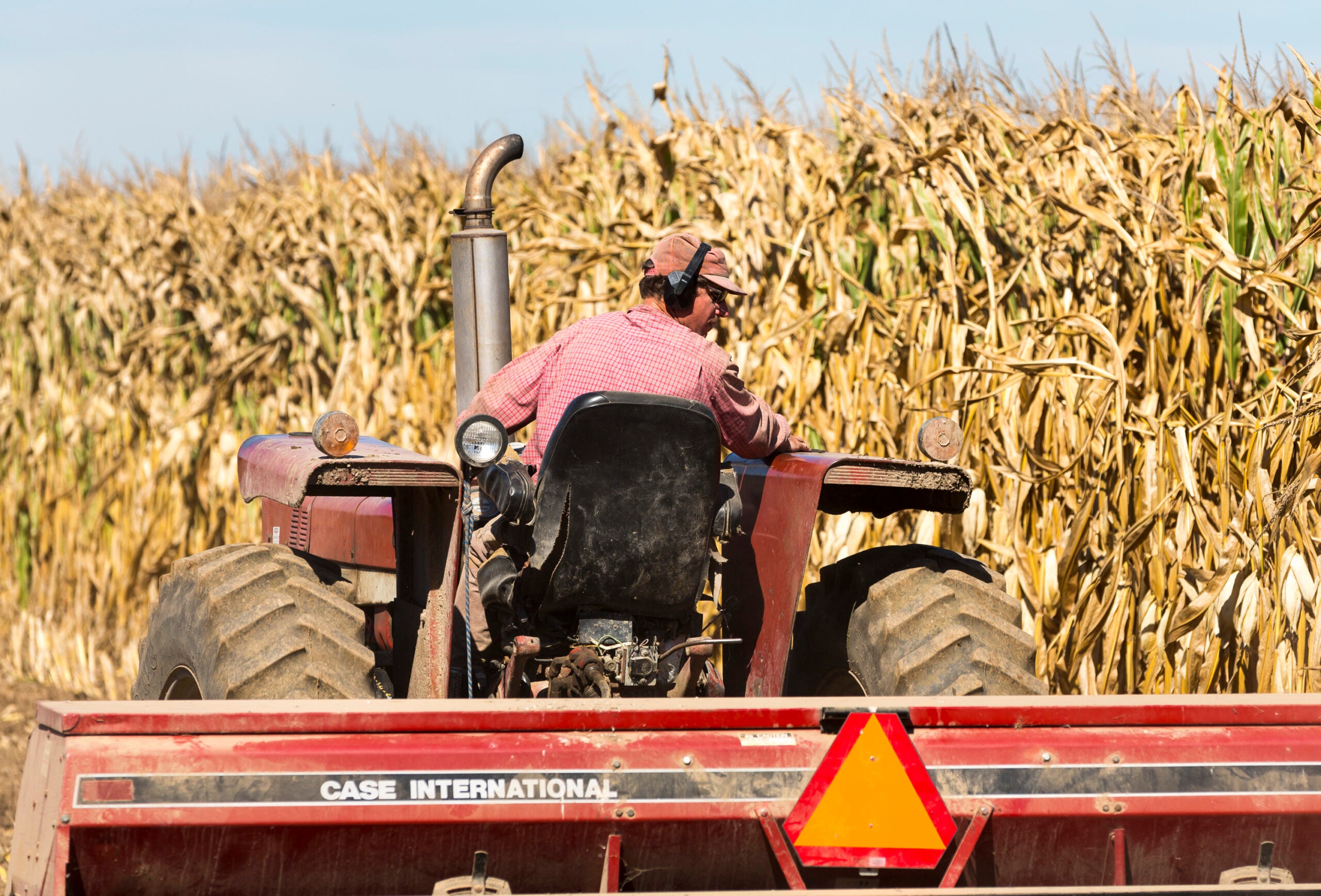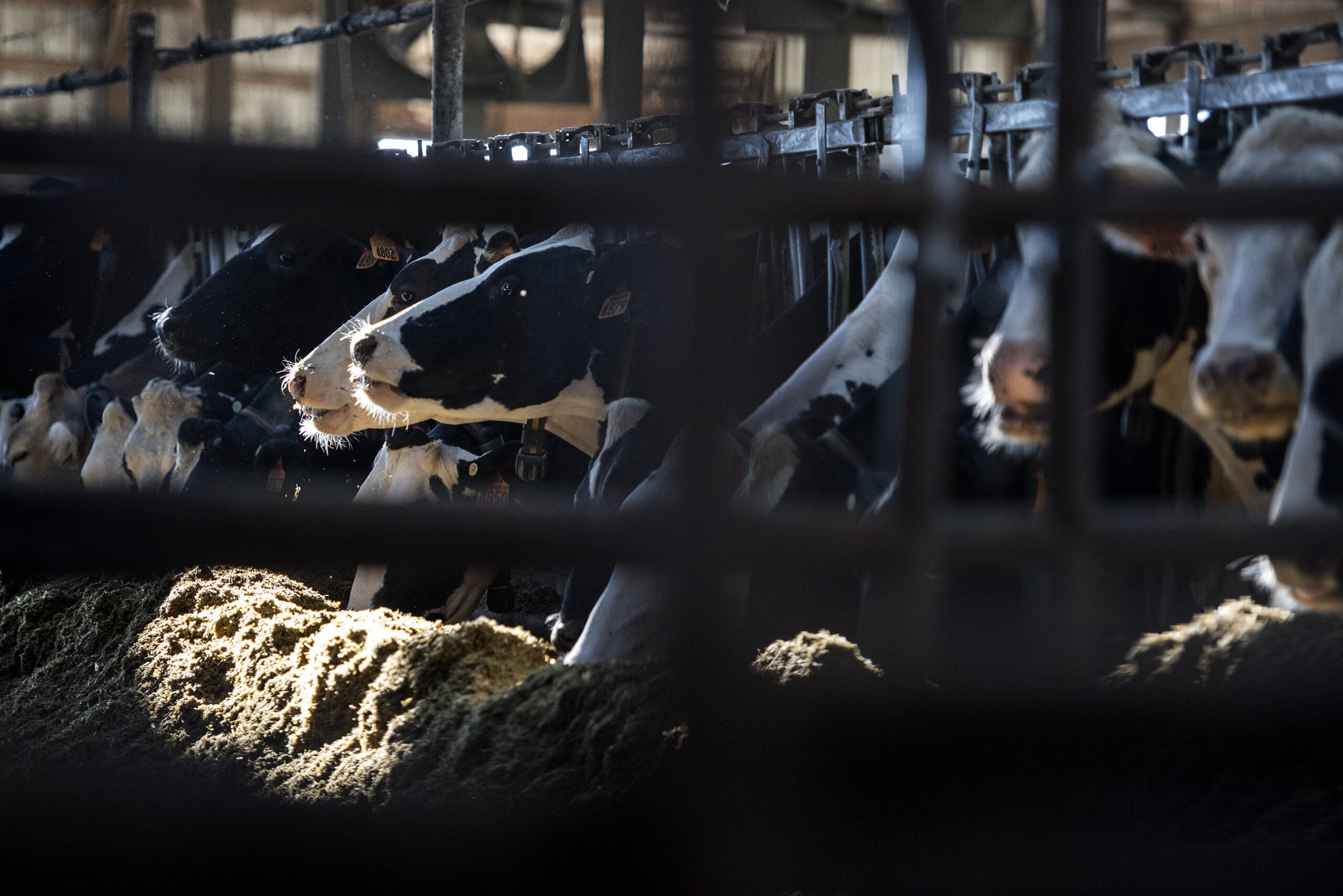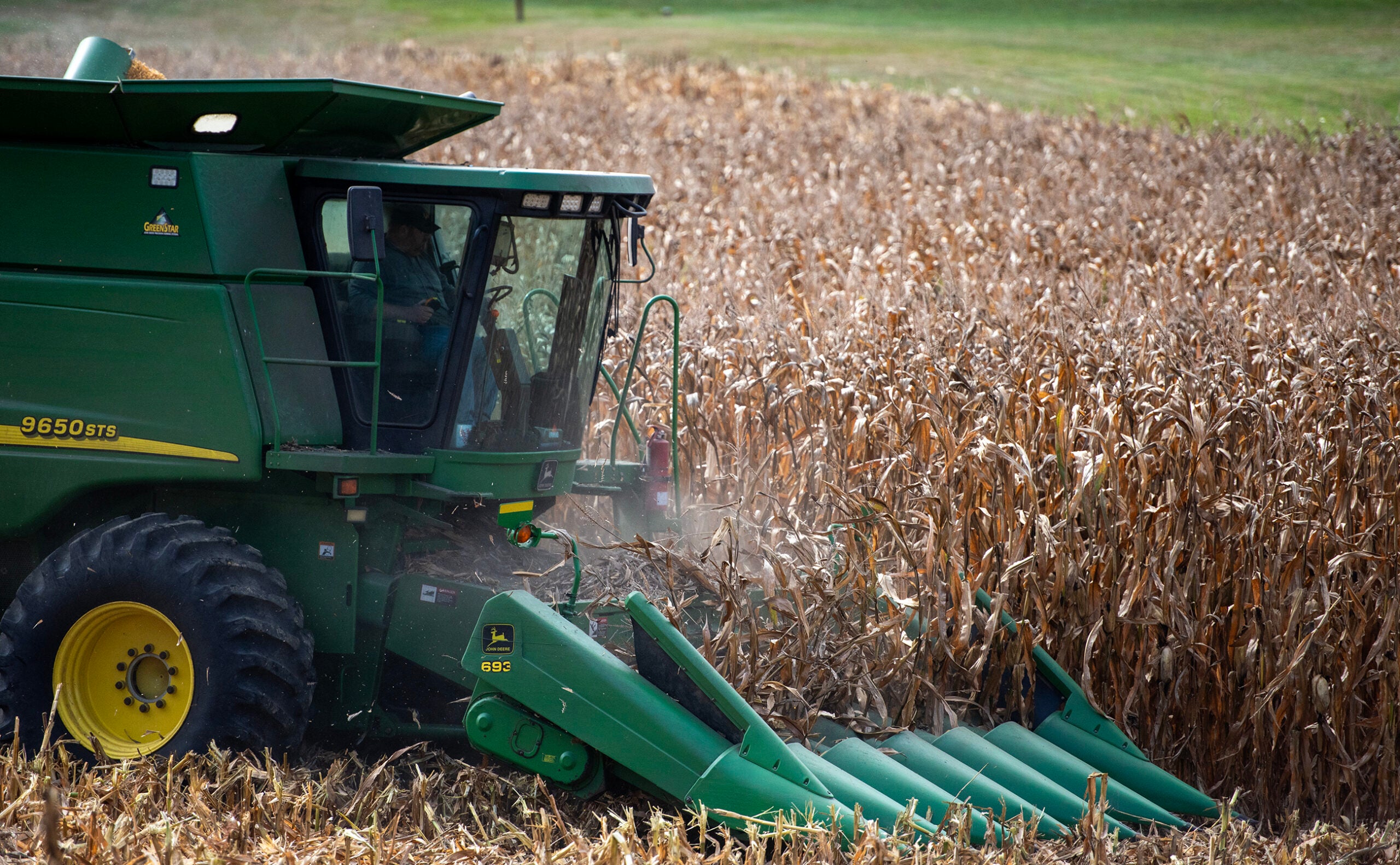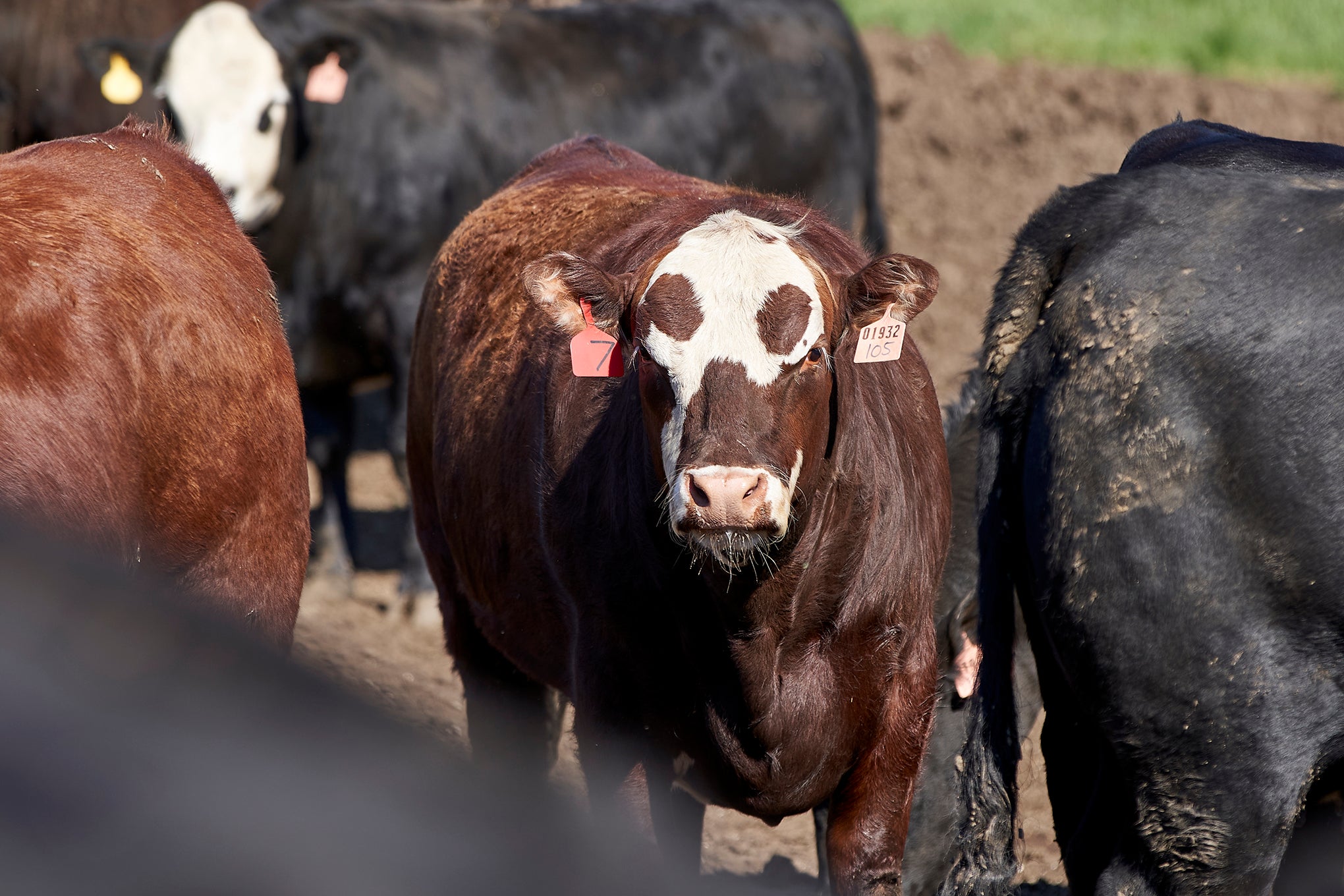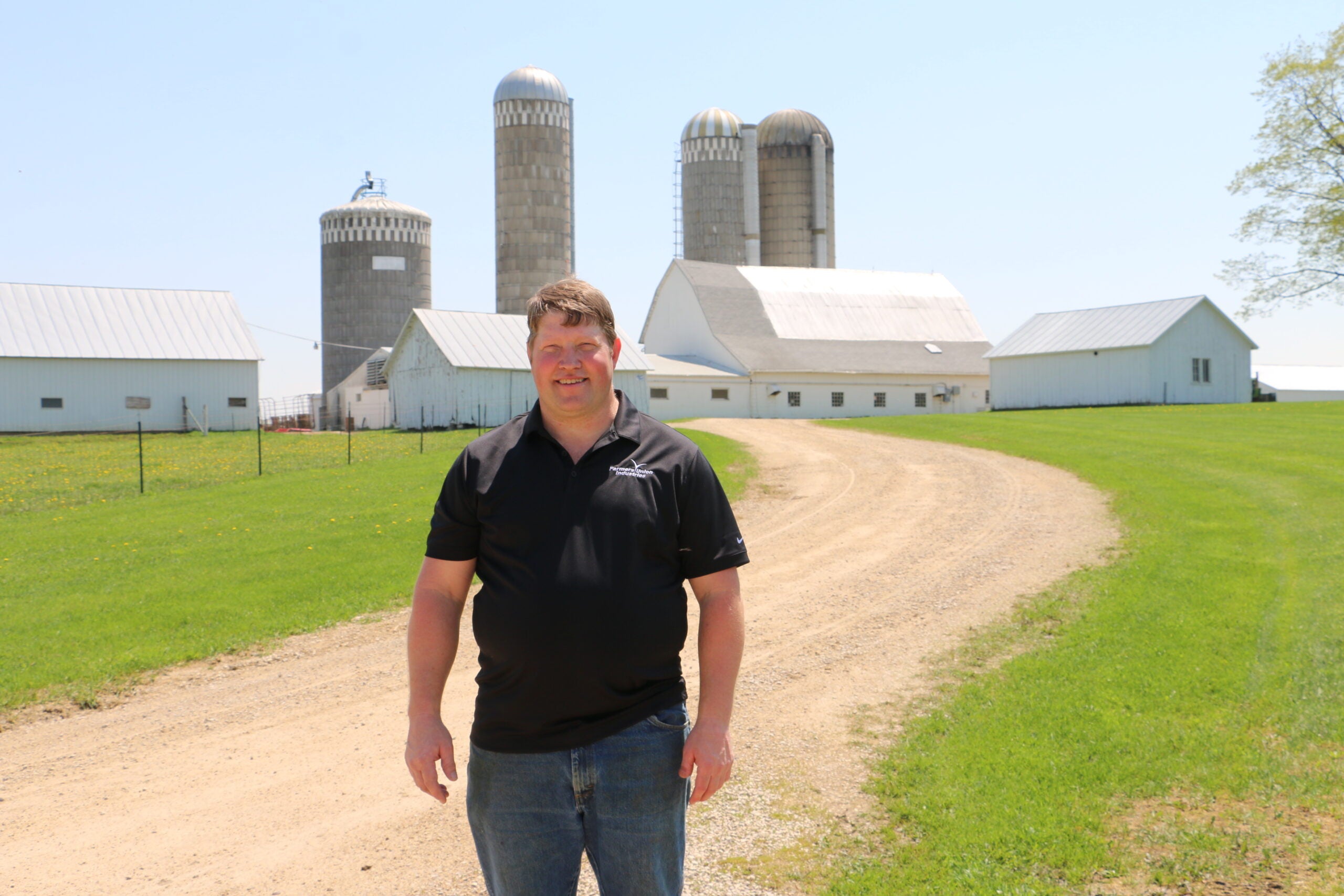Income for Wisconsin farms is expected to fall again this year.
The U.S. Department of Agriculture projected the country’s net farm income to be $59.5 billion in 2018, a 6.7 percent decrease from 2017’s forecast.
While net farm income was up slightly last year, 2018 is expected to be the fifth year of lower income levels after a record high in 2013 at $123.8 billion. If the forecast is accurate, this year will have the lowest U.S. net farm income since 2006.
News with a little more humanity
WPR’s “Wisconsin Today” newsletter keeps you connected to the state you love without feeling overwhelmed. No paywall. No agenda. No corporate filter.
“It’s a challenging forecast,” said Jim Holte, president of the Wisconsin Farm Bureau Federation. “We’ve dealt with cyclic (price) situations in the past and it’s probably just a circumstance of our business. But this is a difficult time for many farmers.”
Paul Mitchell, professor of agricultural and applied economics at the University of Wisconsin-Madison, said Wisconsin incomes will likely follow the USDA’s projections.
“Its a broad economic decline right now in agriculture where we’ve oversupplied the markets, basically. There’s uncertainty about trade and that creates some issues,” Mitchell said.
With little income, Mitchell said farms are having to borrow more to cover basic operating expenses.
“To put a crop in, to buy feed or grow feed for your livestock or your dairy cows, you’re having to borrow against your equity in the farm, not against the revenue that you’re generating because there’s not enough there,” Mitchell said. “That’s concerning, that can’t go on forever.”
Mitchell said strong land values in the state have allowed farmers to continue to operate. But without a price rally, he expects more farms will be forced to declare bankruptcy this year.
“Everybody knows somebody that’s either getting close to being foreclosed on or have not been able to secure their operating loans for the next year,” said Darin Von Ruden, president of the Wisconsin Farmers Union. “Getting this close to spring and not having your seeds and your fertilizers to put in the ground is quite worrisome for most farmers.”
Von Ruden said he’s also heard of more banks or financial institutions re-evaluating whether they should continue to lend to farms leveraged too high.
“In the past, we’ve seen a lot more smaller farm operations struggling to get those operating loans. But this year, we’re starting to hear that all farm sizes are being impacted by this,” Von Ruden said.
But Holte said he’s also heard stories of lenders making exceptions due to the tough economy.
“Some of (the financial institutions) are accepting different terms than they might otherwise accept in less challenging times,” Holte said.
Mitchell said soybeans and potatoes are expected to bring in profit for farmers this year, while corn, dairy, beef and cranberries are all facing tight profit margins.
Wisconsin Public Radio, © Copyright 2026, Board of Regents of the University of Wisconsin System and Wisconsin Educational Communications Board.
